Taiwan Makes Revisions to Patent Examination Guidelines
The Taiwan Intellectual Property Office made some revisions regarding procedural examination and patent rights management that came into effect in December, 2022. In Chapter 1 of the guidelines, the use of electronic signatures will be accepted provided both parties can agree to the validity thereof. The signee only needs to provide a form of signature (whether it be a signature, stamp, or electronic signature) that matches the signature on the application documents. In Chapter 3 of the guidelines, in accordance with adjustments made to procedural examination, revisions have been made to 3.1 Inventor Change, 4.1 Applicant Name or Title Change, and 4.5 Inventor Name Change. Case studies have been included to help the public better understand the principles of examination. The revisions also specify that applicants who are able to rectify inconsistencies on documents submitted with their applications do not fall under this category. In accordance with a judicial ruling, TIPO also included a case study explanation regarding name changes for different applicants who belong to the same entity. In Chapter 5 of the guidelines, procedures regarding three relevant scenarios concerning postponing the filing date, namely change in applying entity, addition of listed applicants and decrease in listed applicants have been clarified according to the relevant regulations.
Taiwan Releases New Trademark Distinctiveness Examination Guidelines
The Taiwan Intellectual Property Office released new examination guidelines for trademarks which came into effect on September 1, 2022. Here are some of the most notable clauses:
- Concerning words, when a word or combination of words is using a descriptive style, if it is depicted in a special or fanciful manner, thereby deviating from its ordinary meaning, the trademark in its entirety will be considered to have inherent distinctiveness and thus may be allowed for registration provided that the ordinary letters are disclaimed. If the stylization is relatively minor so that the descriptive mark is still perceived by consumers as its ordinary meaning only, then it will not be approved due to a lack of distinctiveness.
- For foreign words, even if registration is approved because the mark is not deemed as generic, it may still be vulnerable to opposition or invalidation proceedings. Thus, words like parfum (French for perfume) or kaffee (German for coffee) would not be eligible for registration. On the other hand, the combination of two words combined together in a unique way, like Brisk Heat or Zeroburn could be deemed as distinctive.
- For slogans, it would be advantageous to add highly creative or distinct words to a slogan that would resonate amongst consumers. Such a slogan should not directly describe the characteristics, features or functions of the goods. Also, the slogan should not contain promotional words or phrases that competitors usually use.
China’s Huawei Technologies Co. Extends Mobile Patents Deal with Nokia
Huawei has continued to spend heavily on research to safeguard its lead in 5G networking. This has resulted in companies like Nokia, Apple, Samsung paying royalties to license various patents in ultra-fast broadband technology. Huawei signed more than 20 patent license agreements in 2022, covering smartphones, connected vehicles, networking and the Internet of Things, with the Nokia deal being the latest. Although the details of the Nokia deal are confidential, the news indicates proof of an ongoing appetite for access to Huawei’s next-generation telecom patents. After a series of tech export bans signed into law during the Trump administration, Huawei made up for its lack of access to critical US technologies (which damaged its ability to make smartphones and servers) by focusing on ultra-fast broadband technology. Other applications of wireless technology have created patent licensing business with some of the biggest names in the car industry such as Audi, Mercedes Benz, BMW, Porsche, Renault, Suzuki, Lamborghini, Subaru and Bentley. Intellectual property collaborations and licensing are two of the few ways that Huawei can do business with developed markets such as Europe, the U.S. and others that are increasingly looking at international trade through a security lens. Although Huawei’s net profit fell 40% in the first three quarters of 2022, it further hopes to boost income with new products and services focusing on artificial intelligence, wireless communication gear for customers ranging from automakers to coal mines to industrial parks.
The China National Intellectual Property Administration Takes Swift Action against World Cup IP Squatters
Recently, the CNIPA issued the Circular on Combating Trademark Registration by Squatting World Cup-related Words and Logos. During the lead up to the World Cup and during the competition, various companies and individuals attempted to register, with malicious intention, the names of high profile football stars and other trending words and symbols. The administration rejected 26 applications for trademark registration, pursuant to an array of provisions such as Item 7, Paragraph 1, Article 10 and Paragraph 1, Article 44 of the Chinese Trademark Law. This can be seen as CNIPA’s intention to remain committed to cracking down on squatters by offering prompt legal protection to trademarked World Cup-related words and symbols, including the World Cup, its mascot, and the names of star players as part of a wider struggle against those who infringe on IP holders rights, and more generally, to bolster the social and public interest and other people’s right to their names.




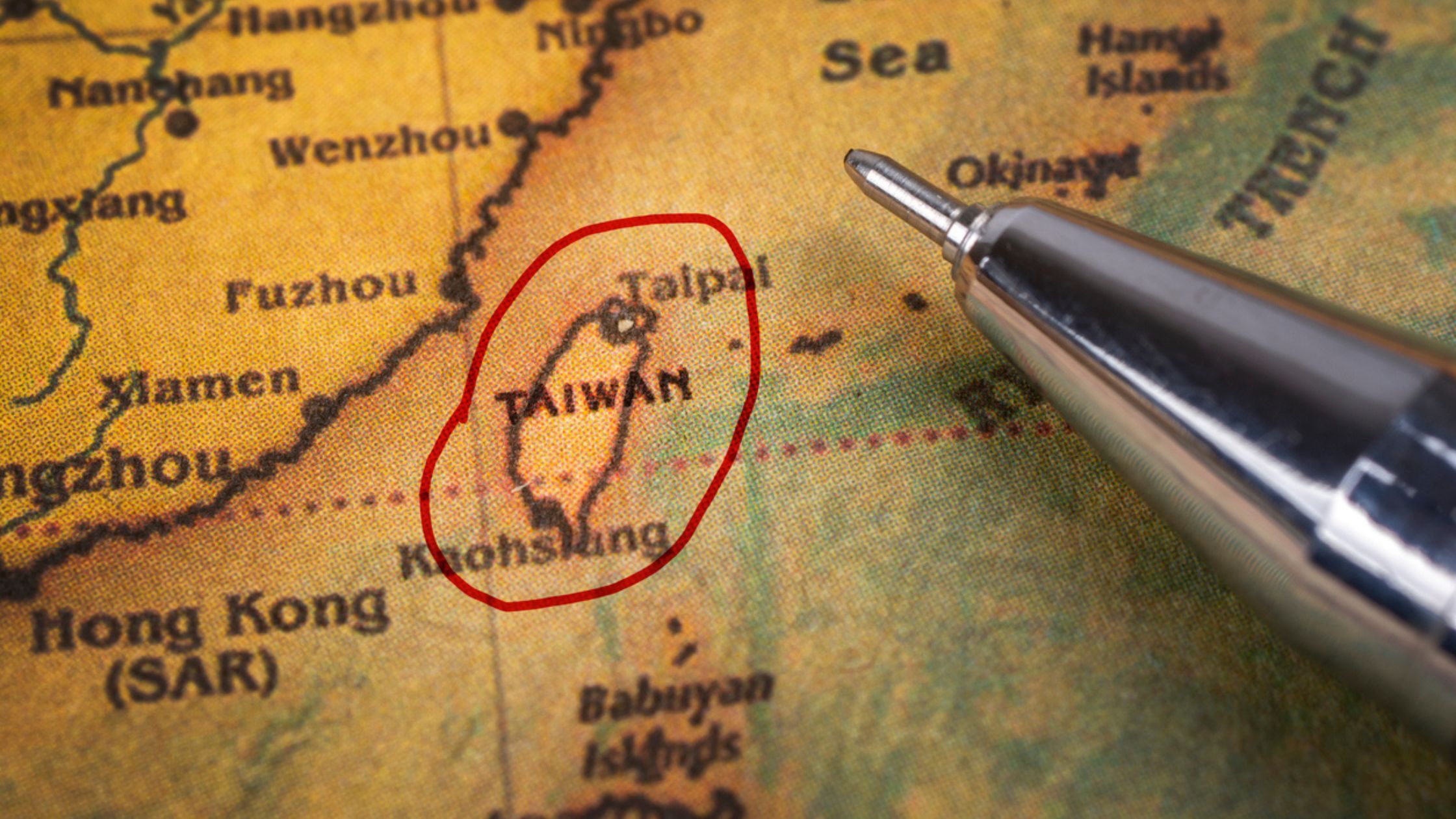
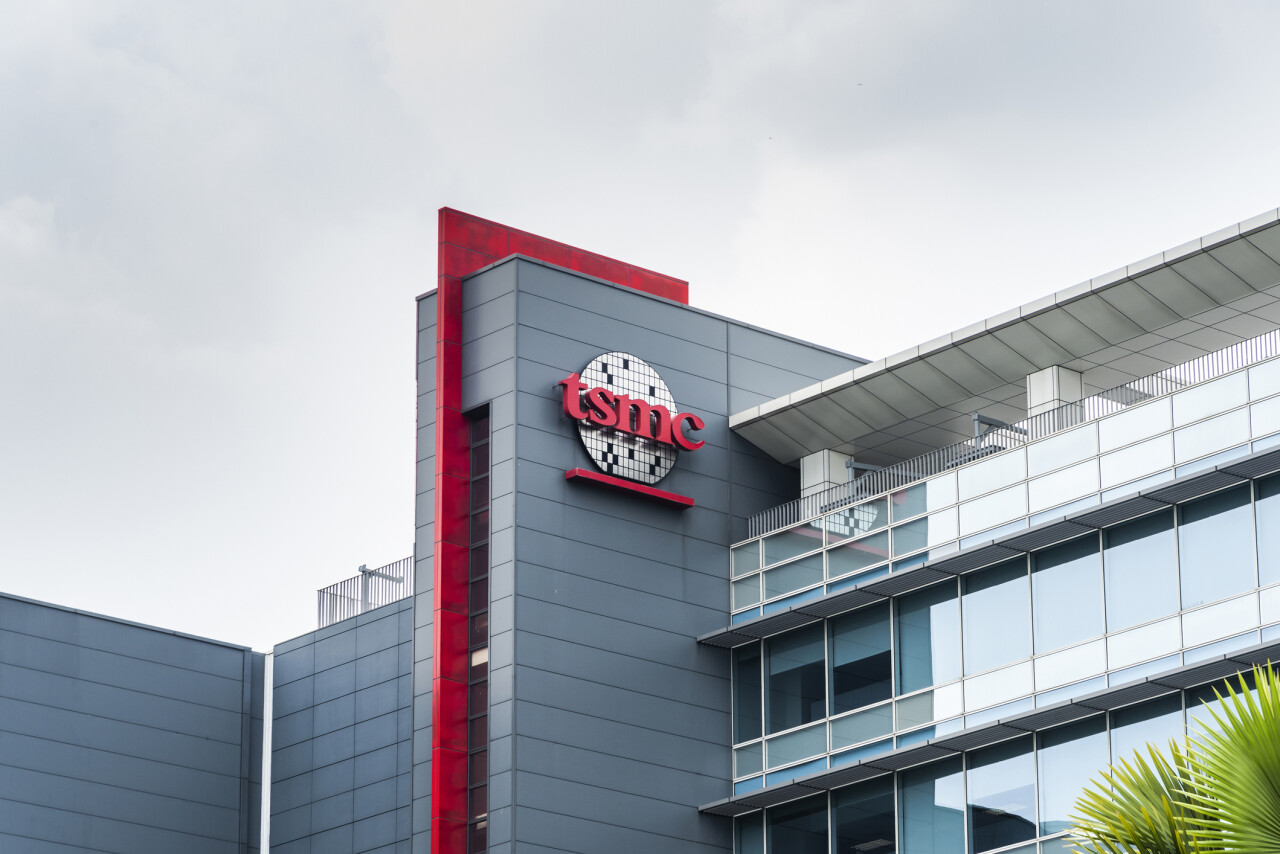


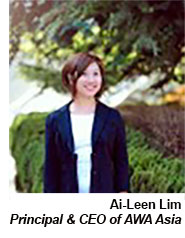


 Deep & Far Attorneys-at-law
Deep & Far Attorneys-at-law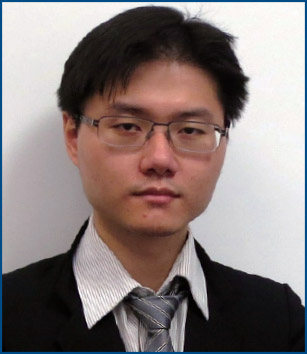 Yu-Li Tsai
Yu-Li Tsai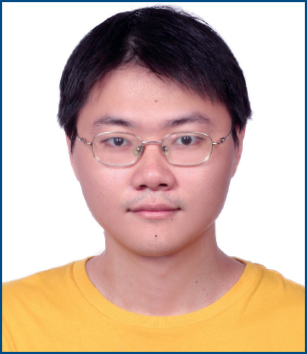 Lu-Fa Tsai
Lu-Fa Tsai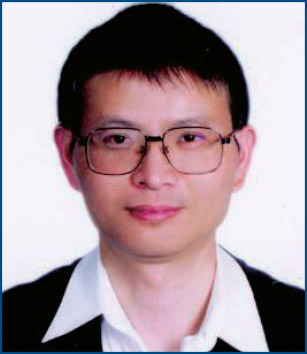 C. F. Tsai
C. F. Tsai







